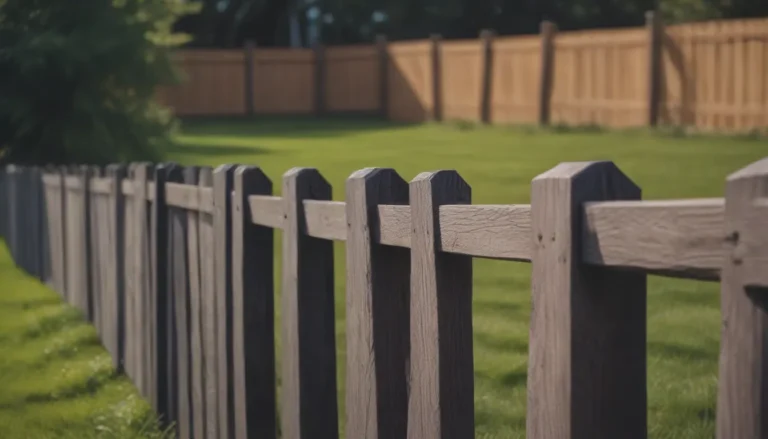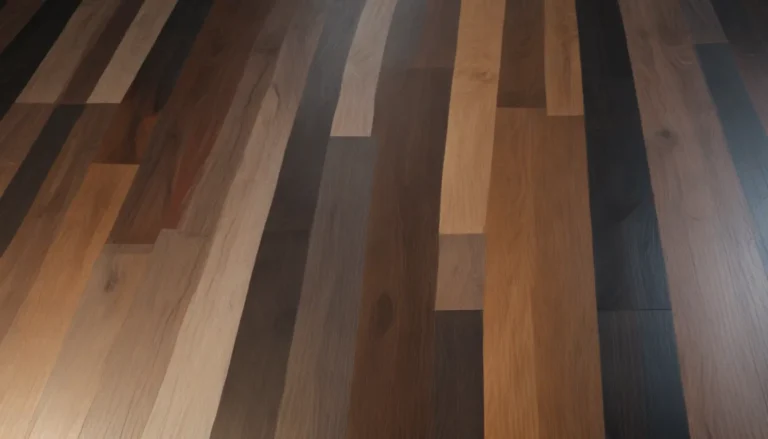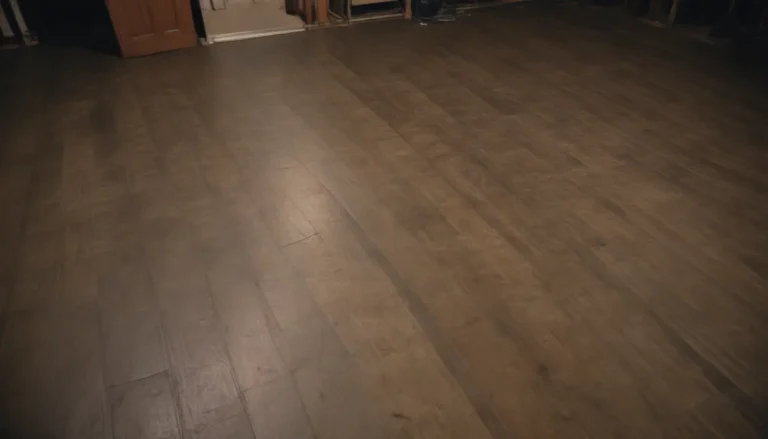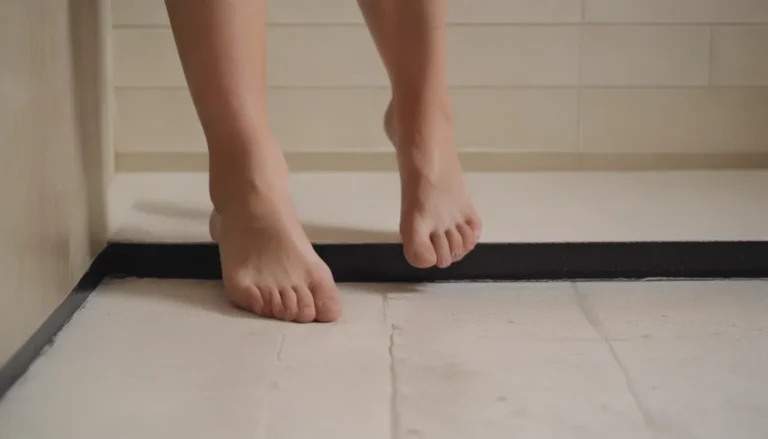The Complete Guide to Garage Insulation: Everything You Need to Know
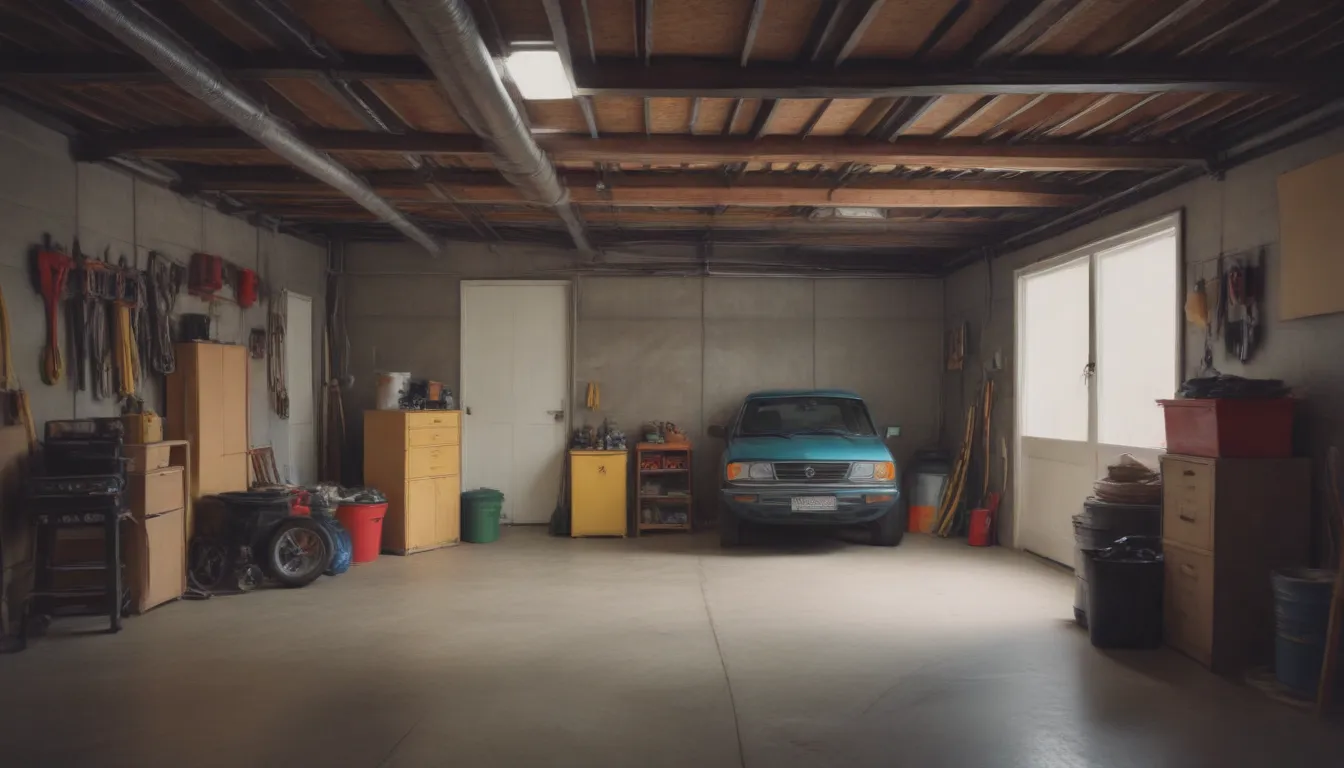
Are you considering insulating your garage but not sure where to start or what type of insulation to use? Don’t worry; we’ve got you covered! In this in-depth guide, we’ll break down everything you need to know about garage insulation, including the different types of insulation available, where to use them, and factors to consider when choosing the best option for your space.
Why Insulate Your Garage?
Insulating your garage is essential, especially if you plan to heat the space. While insulation doesn’t add warmth to the space, it does help slow the transfer of heat through walls, ceilings, and floors. This is crucial for maintaining a comfortable temperature inside your garage, regardless of the climate outside.
Additionally, insulating your garage can provide a thermal buffer between the interior of your home and the outdoors, especially if the garage is attached to the house. While insulating the entire garage might not be necessary, it’s essential to insulate walls shared with the house to their maximum value.
The Value of Air Sealing
In addition to insulation, air sealing is crucial for ensuring the effectiveness of your garage insulation. Garages are not typically airtight, often containing gaps that allow drafts and heat loss. Before insulating, it’s essential to seal these gaps with spray foam to prevent air leakage, ensuring your insulation works as intended.
Make sure to check weatherstripping along the bottom of the garage door, window frames, and door frames to seal off any drafts. Remember, proper air sealing can significantly enhance the performance of your insulation.
Types of Garage Insulation
When it comes to garage insulation, there are several types to choose from. Each type has its pros and cons, depending on your specific needs. Let’s explore the five most common types of garage insulation:
1. Fiberglass Insulation
Best for: Framing
- Easy to handle and place in framing
- Inexpensive option for insulation
- Vulnerable to moisture and fire hazards if incorrectly installed
- Fiberglass can irritate skin, eyes, and lungs
2. Cellulose Insulation
Best for: Finished garage walls and ceilings
- Environmentally friendly and fire-resistant
- Insect-resistant
- Requires drywall installation and may settle over time
- Inflexible and costly option for insulation
3. Rigid Foam Insulation
Best for: Thin walls and garage doors
- Offers high R-value per inch of thickness
- Good noise reduction and affordable option
- Installation around wiring and pipes can be tricky
- Risk of pests tunneling through and potential airtightness concerns
4. Spray Foam Insulation
Best for: Garage-to-living-space conversions
- Provides an airtight seal and high R-value
- Mold- and insect-resistant
- Costly option for insulation and best installed by professionals
- Can expand too much or too little, and may shrink over time
5. Garage Door Insulation
Best for: Garage doors
- Can affect inside temperature by 12 to 20 degrees
- Adds durability and stability to the door
- Reduces noise transmission
- May not be necessary depending on usage and climate
Choosing the Right Insulation
When selecting insulation for your garage, consider the following factors:
- Location of insulation (walls, ceilings, garage door)
- Finished or unfinished walls
- Budget and ease of installation
- Environmental impact
- Specific insulation needs based on usage
Remember, proper insulation can improve the energy efficiency of your garage and help maintain a comfortable environment throughout the year. Whether you’re transforming your garage into a living space or simply looking to enhance its insulation, choosing the right type of insulation is essential.
For more information on garage insulation or to get expert advice on your specific needs, don’t hesitate to reach out to our insulation partners. They can help you compare quotes from top-rated professionals near you to ensure your garage is properly insulated.
In conclusion, insulating your garage is a valuable investment that can improve energy efficiency, enhance comfort, and provide additional benefits to your space. By understanding the different types of insulation available and choosing the right option for your needs, you can ensure your garage remains well-insulated for years to come.

